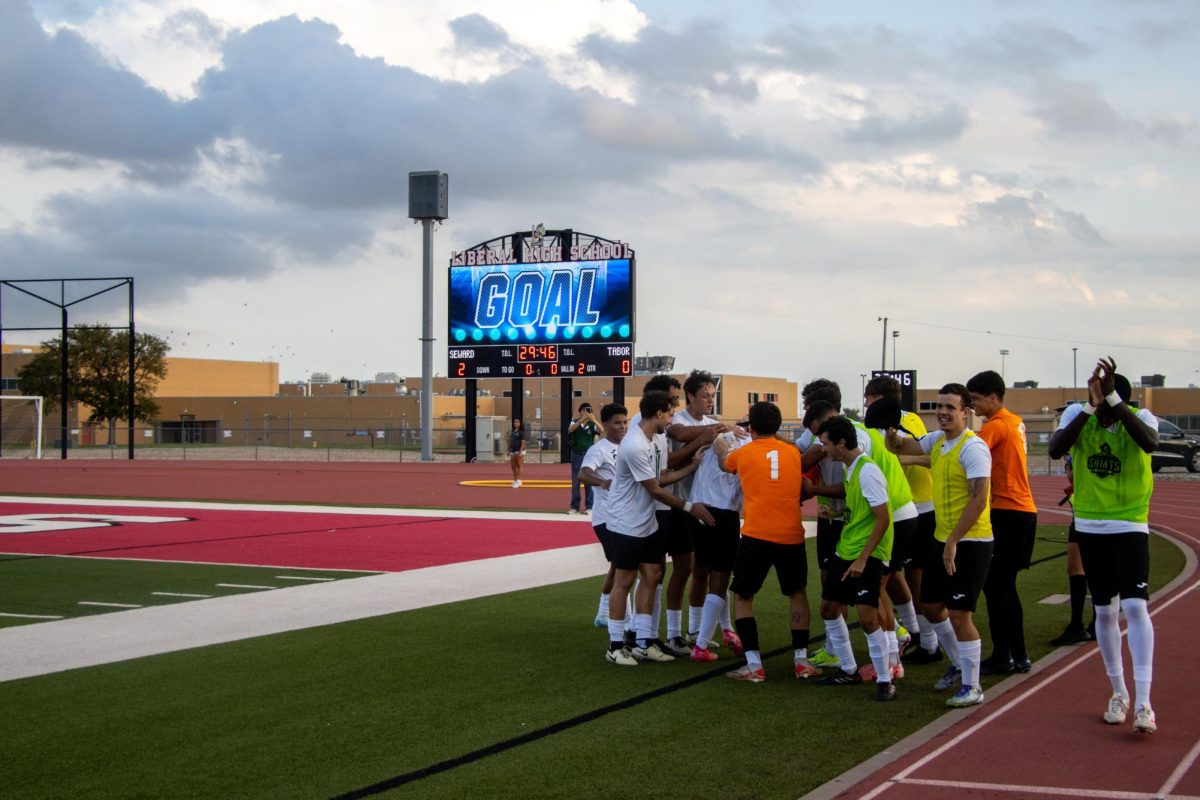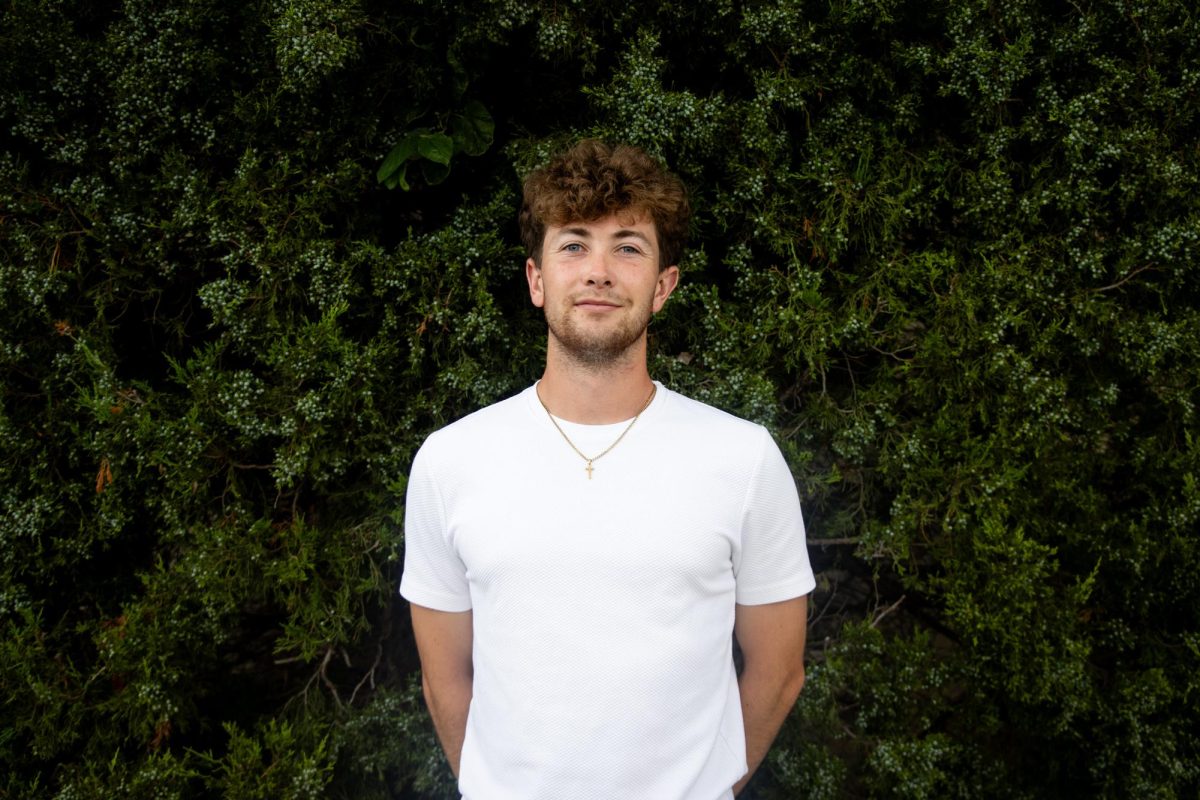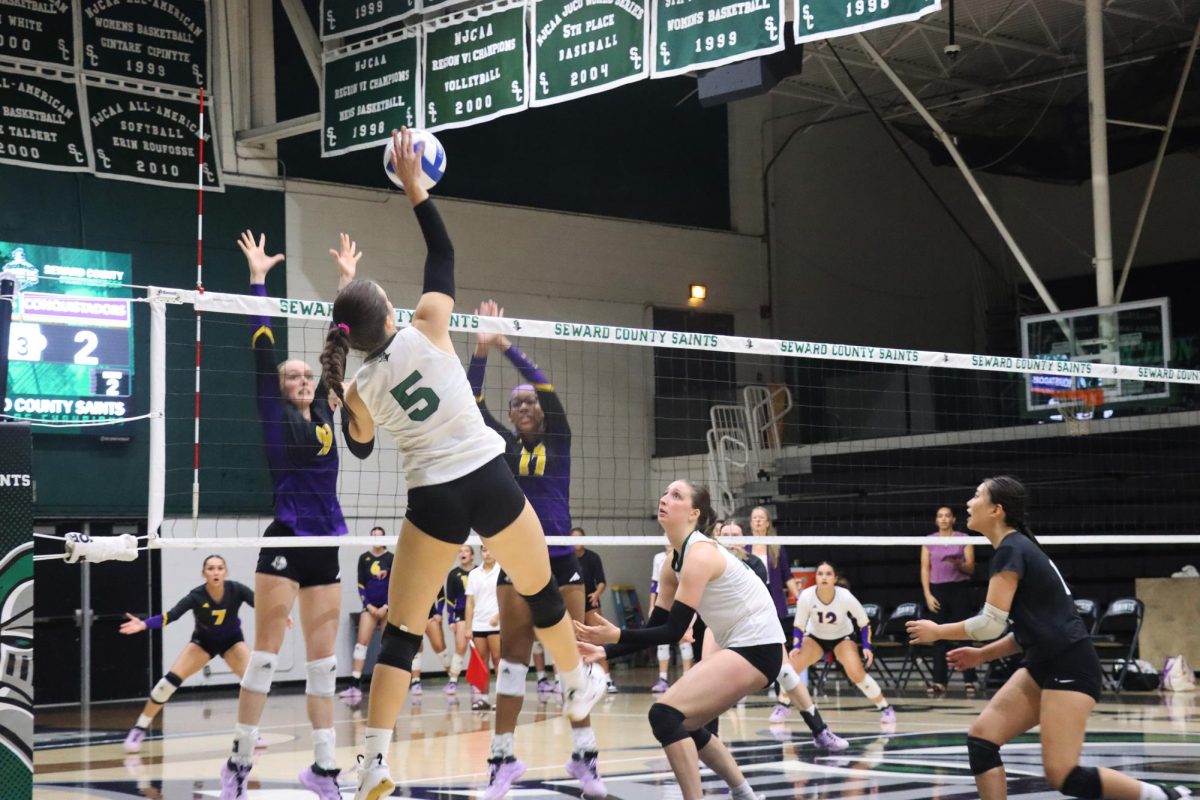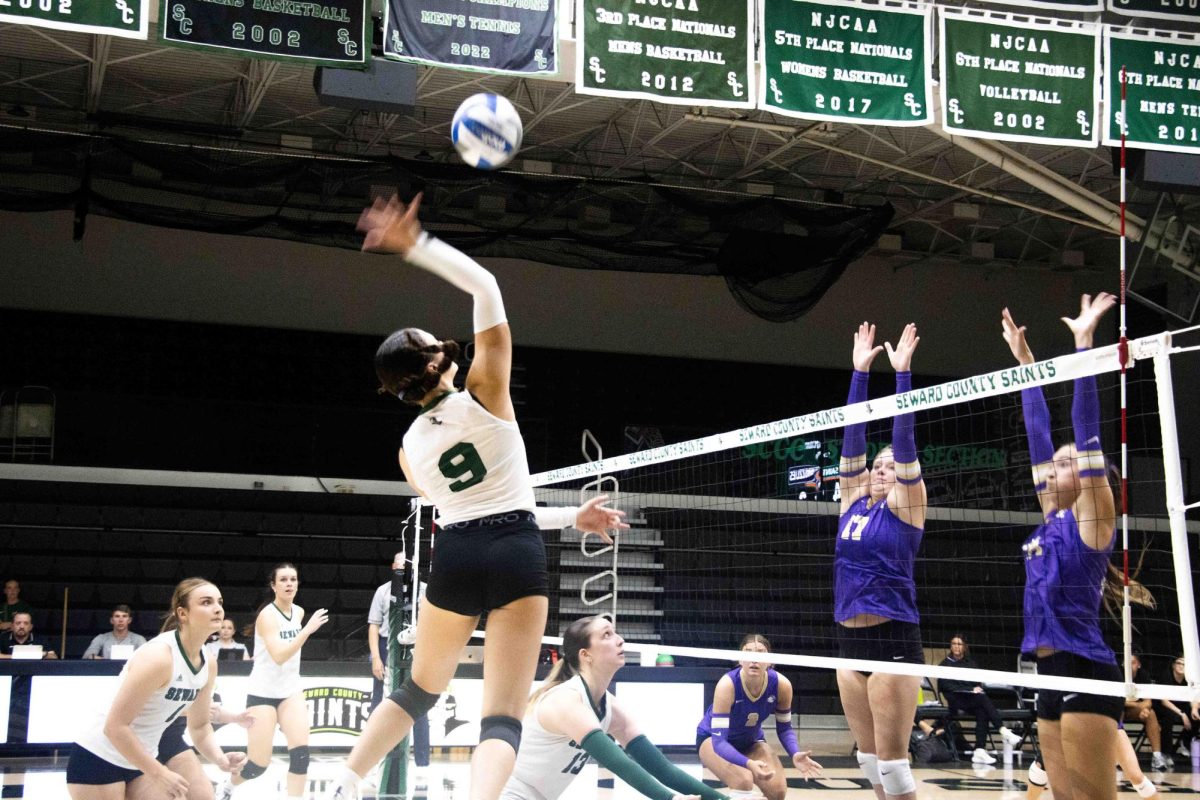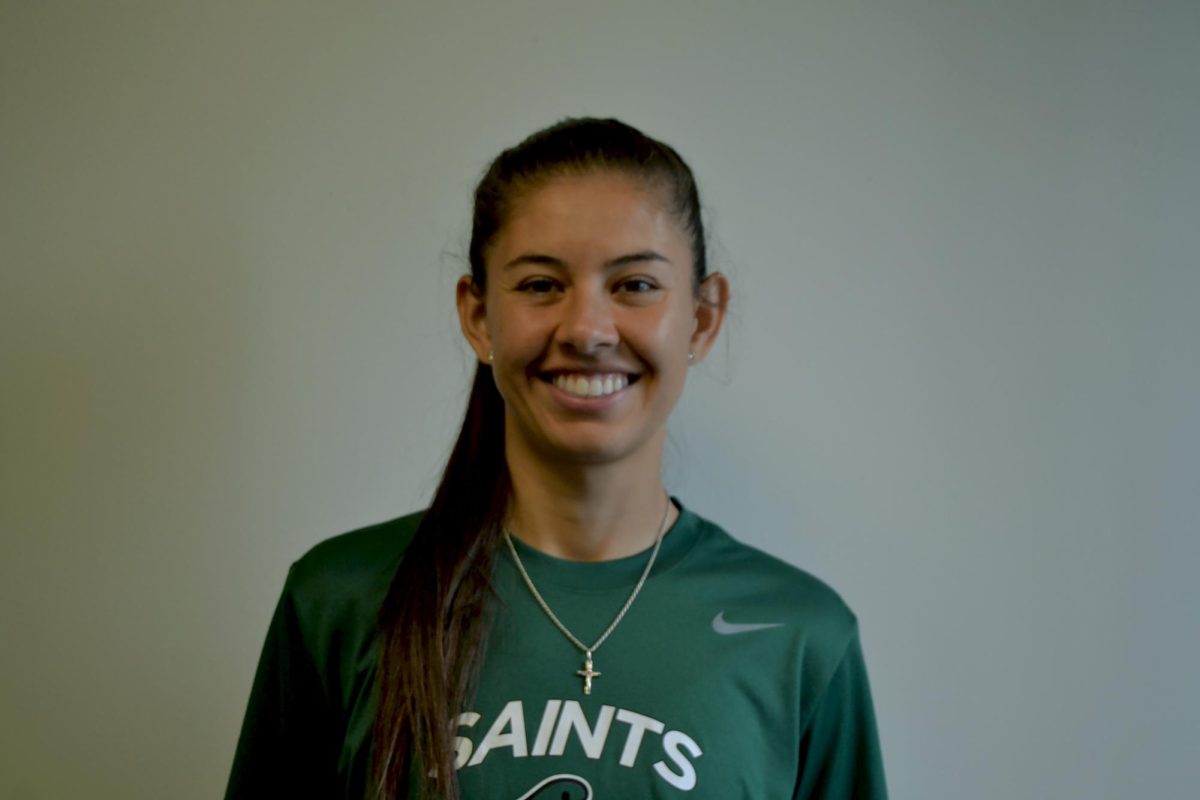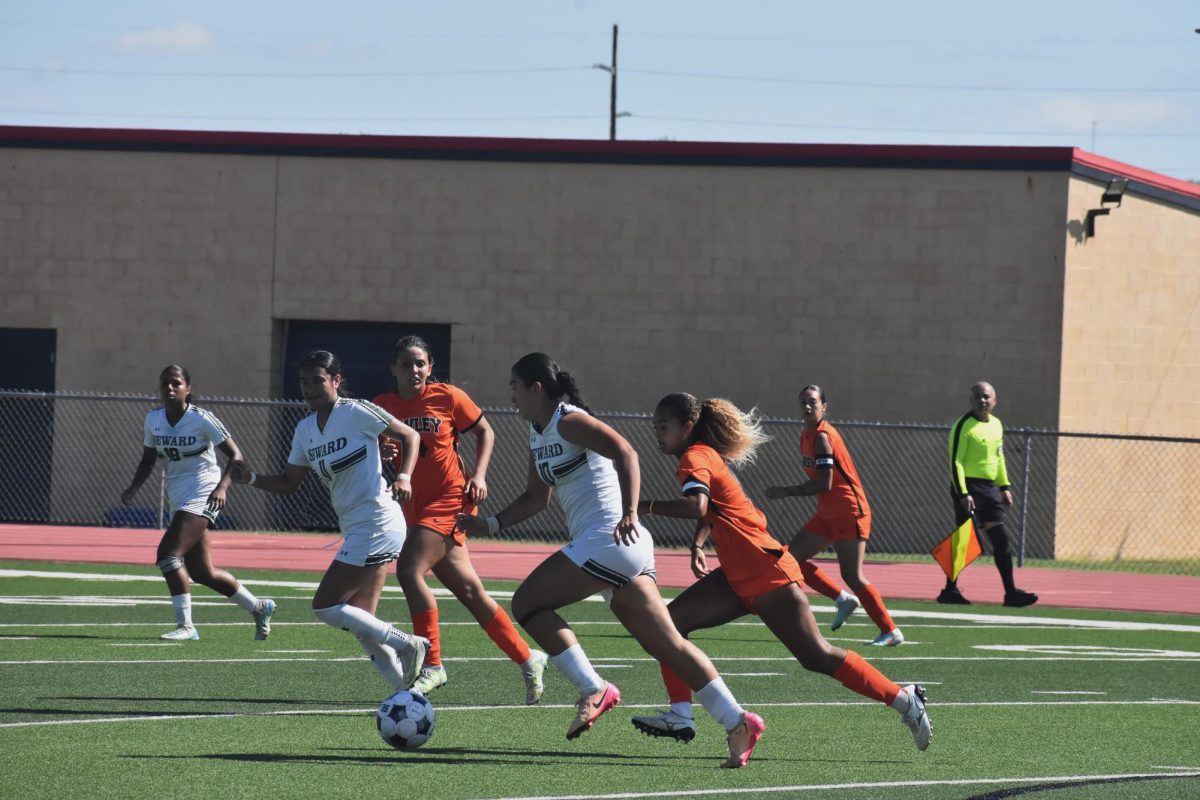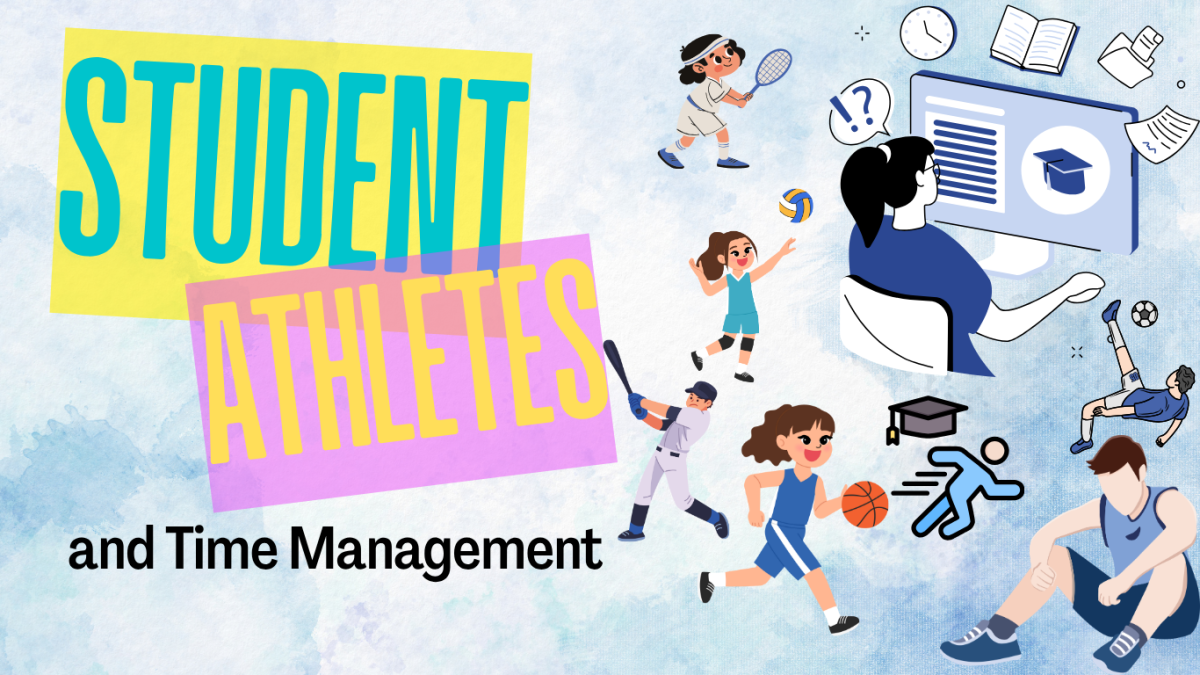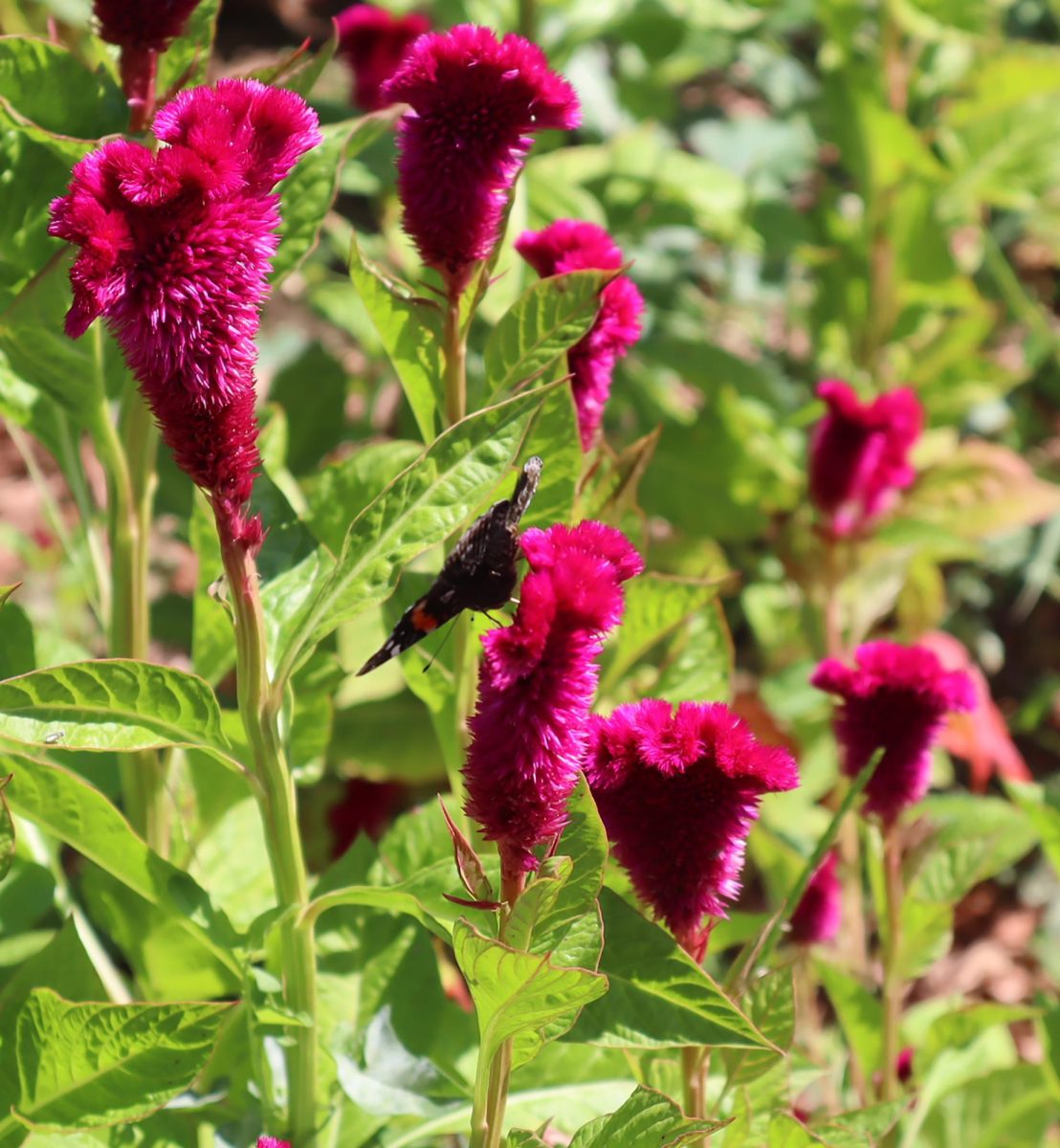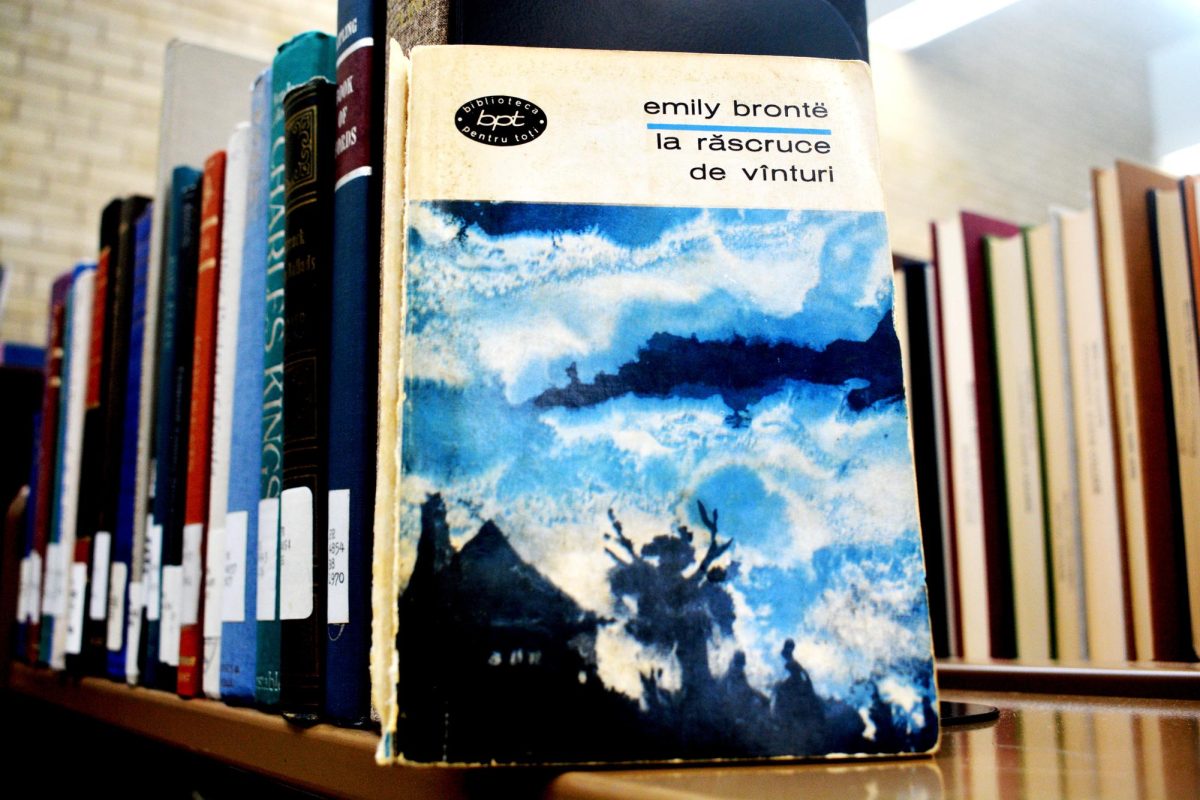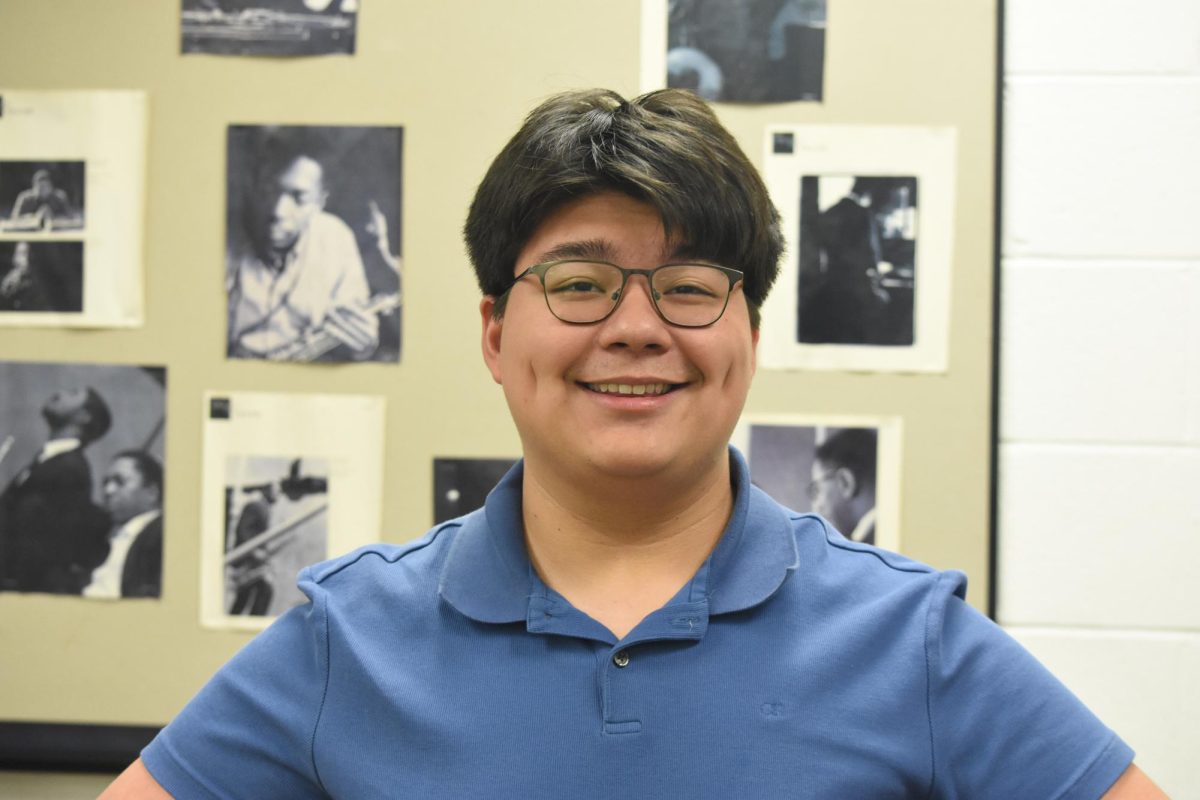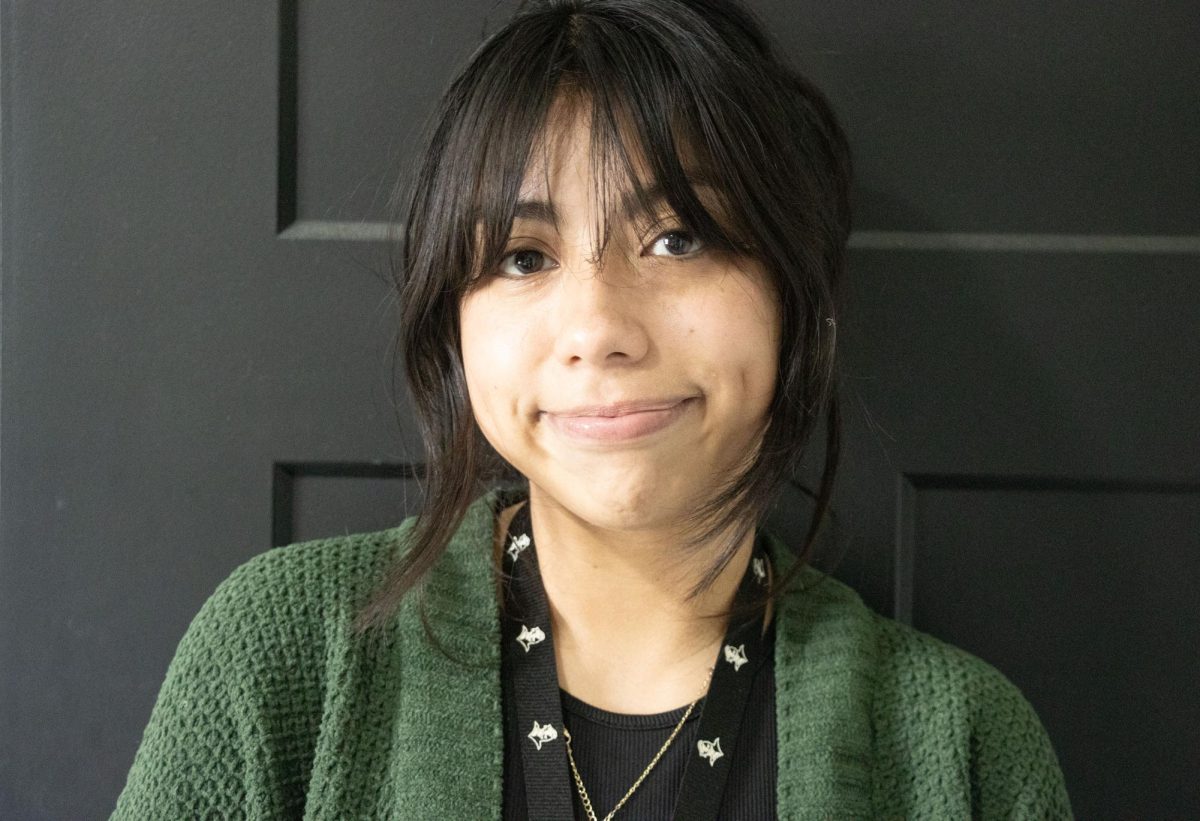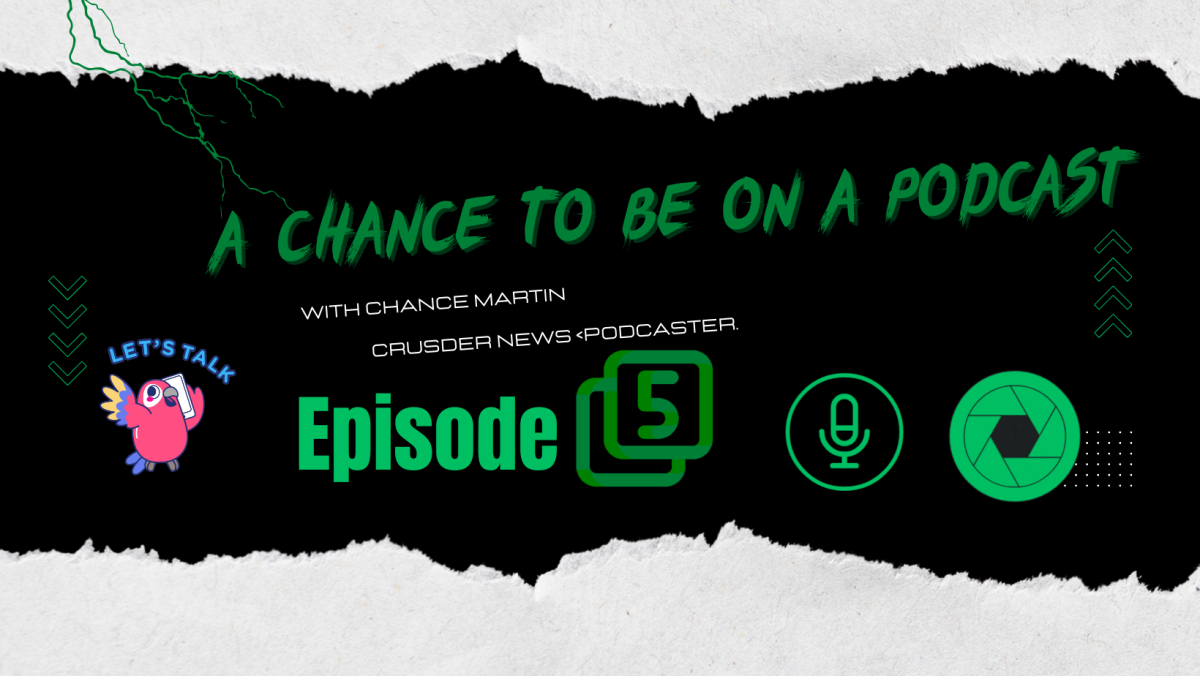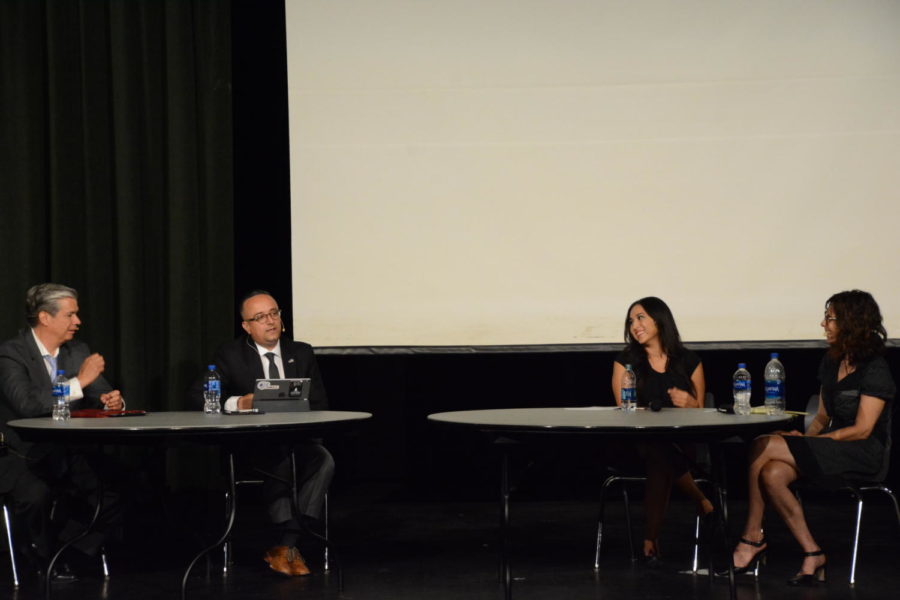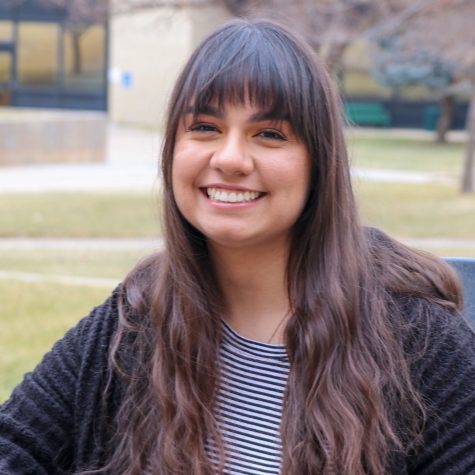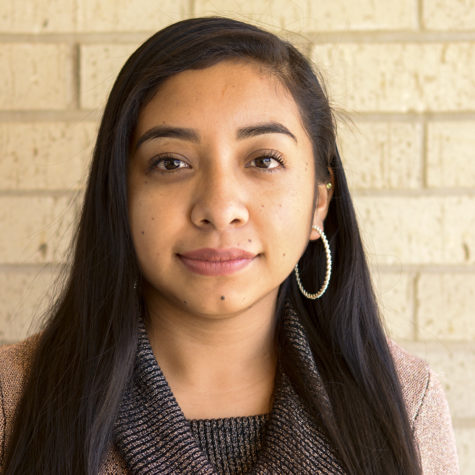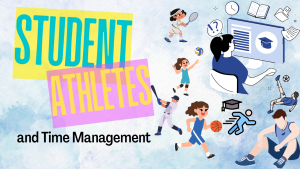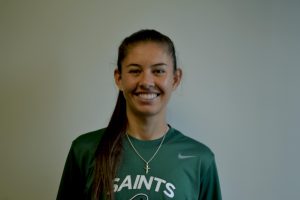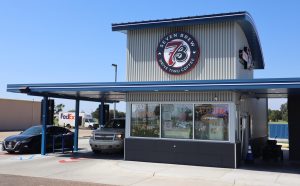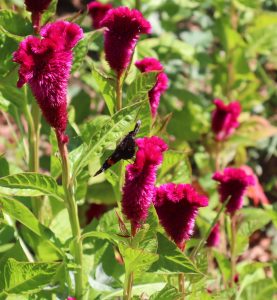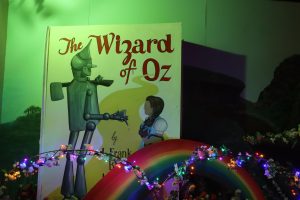Humanities Kansas Invites local Latino Journalists to speak on Media and the Latino Community
All four journalists Marco A. Alcocer, Enrique Rodriguez Franz, Janeth Vasquez, Valerie Mendoza are at Seward County Community College explaining how they got to where they are.
September 20, 2018
Spanish Media is underexposed in Kansas. A call for change is in question
“Everything starts with action. Progress happens with action.”
SCCC hosted a journalism panel which was brought to the public by Humanities Kansas, an independent non-profit organization which strives to to empower the people of Kansas through the community and democracy.
Humanities Kansas invited three proud Kansan Latino journalists, Janeth Vazquez, academic advisor/transfer coordinator at SCCC, born in Juarez, Mexico, raised in Liberal, Kansas; Enrique Franz, general manager at La Mexicana radio station, born in Managua, Nicaragua, raised in Jinotega and migrated to Kansas; Marco Alcocer, originally from Mexico City and migrated to Wichita where he now lives and is a writer, editor and owner of El Perico Informador y Parlanchin newspaper from Kansas.
The panel discussed about how they got their start in journalism, racial discrimination in the workforce and advice to anyone who wants to pursue a career in communications. The panel provided an opportunity to get a closer look inside Southwest Kansas culture and the Hispanic community.
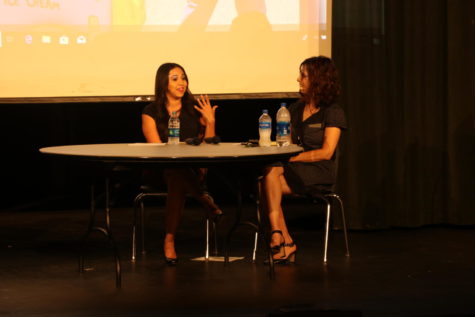
One of the questions asked to the three panelists was, what made you begin your career as a journalist?
Vazquez was first to answer this and had said that as a little girl, she had always wanted to be a news broadcaster. “I grew up watching Sabado Gigante, Primer Impacto and Univision so I would see these women and I would want to be just like them.”
She majored in communications with an emphasis on Broadcasting and was set on pursuing her dream until she felt discouraged about being able to get a job in this industry after college. Vazquez decided to take a different road instead and decided to apply to nursing school.
“I tried a few days of clinical’s and I realized that this wasn’t for me. What I actually wanted was to be on t.v, and live my dream of being a news broadcaster.” After realizing what she had actually wanted, Vazquez went on to broadcast news for Univision Kansas.
She described her experience working as a broadcaster as “very exciting and unpredictable.” Vazquez was always on the go, striving to get a perfect story to report on the channel and would go long distances in Southwest Kansas. “I would get a lot of my leads from social media, and I also had to make a lot of connections.”
Vazquez emphasized that she enjoyed doing positive stories the most about the communities in Southwest Kansas. “I would use positive highlight stories to show the public that immigrants are hard workers and that we are here to make a difference in society.”
Franz’s story was similar, also having his childhood play a role into inspiring their future careers. Franz describes himself as a very outgoing child, “always wanting to be in the spotlight, very talkative and all over the place.”
Franz didn’t pick up his radio career until the late 1980s and early 1990s when a friend asked him to randomly appear on his radio talk show one weekend. He began doing his own show a few years later as well in the evenings and eventually became the general manager for La Mexicana for Rocking M radio.
Franz pointed out that the type of stories he enjoyed to put out were stories for the public to learn from and emphasized that “we need to be bigger than ourselves, bigger than the radio. I created a culture on the radio to not talk about opinions or irrelevant things. We need to think about the public and what they want to hear and see.”
Marco Alcocer, self-employed and owner of his own newspaper began writing stories in Mexico City. Alcocers motive as a journalist was to “tell the story of hispanics of Kansas”. After migrating to the U.S, he ended up on television by chance and worked for Univision on channel 12. Alcocer translated stories from english to Spanish and he would decide what stories were fit to be shown to the public. Alcocer spoke about wanting to listen to the public and communities and what they have to say.
Aside from telling their own stories as Hispanic journalists, the three panelists agreed on something very important and crucial that could make a change.
When asked what do you think is the biggest issue in Spanish media and the community, Franz answered with, “Getting people to register to vote.”
“Voting is the only thing right now that can make a difference in our lives. If we don’t take action and do things now, what will we leave behind for the younger generations to come? If we want to make a change, we must get up and start with electing the right people, making the right choices for the people and thinking about everyone else except ourselves.” Franz explained.
Alcocer agreed and stated that “if the older generations keep making decisions for us, then the older people will stay. We need the younger generations to speak up and make their voice heard.”
Franz stated that “it will do more harm than good if we don’t do something now to protect our community and make a difference in society.”



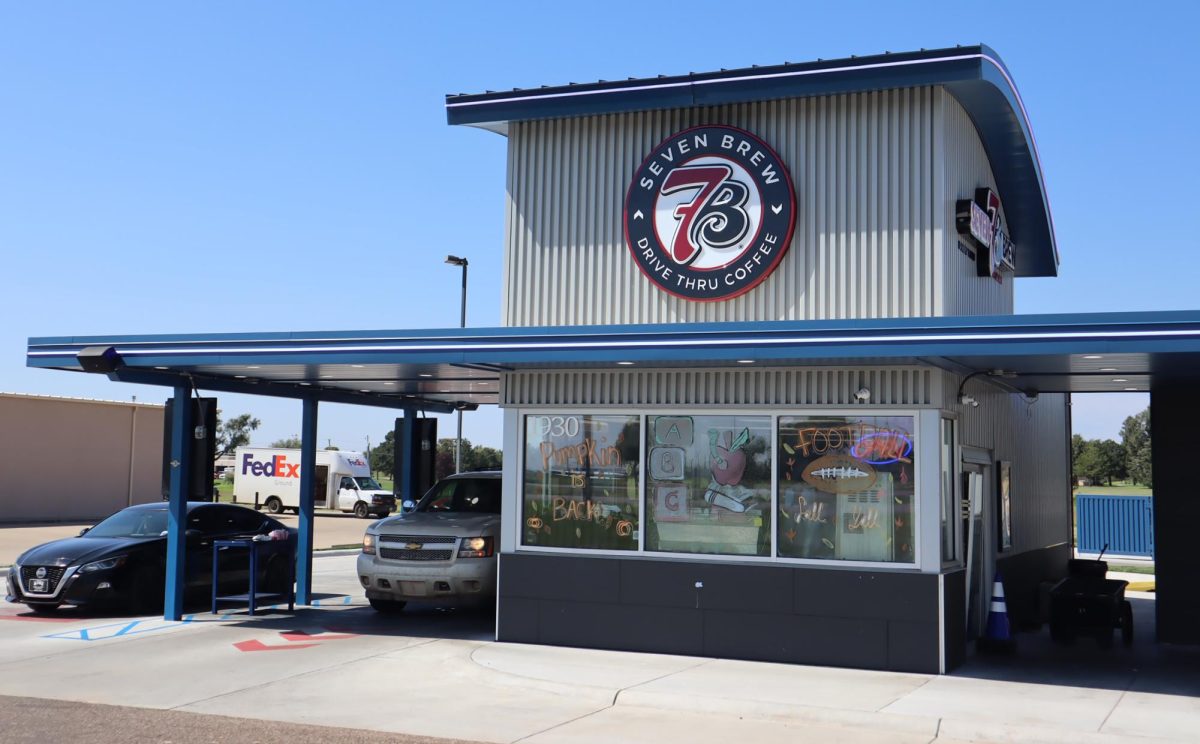
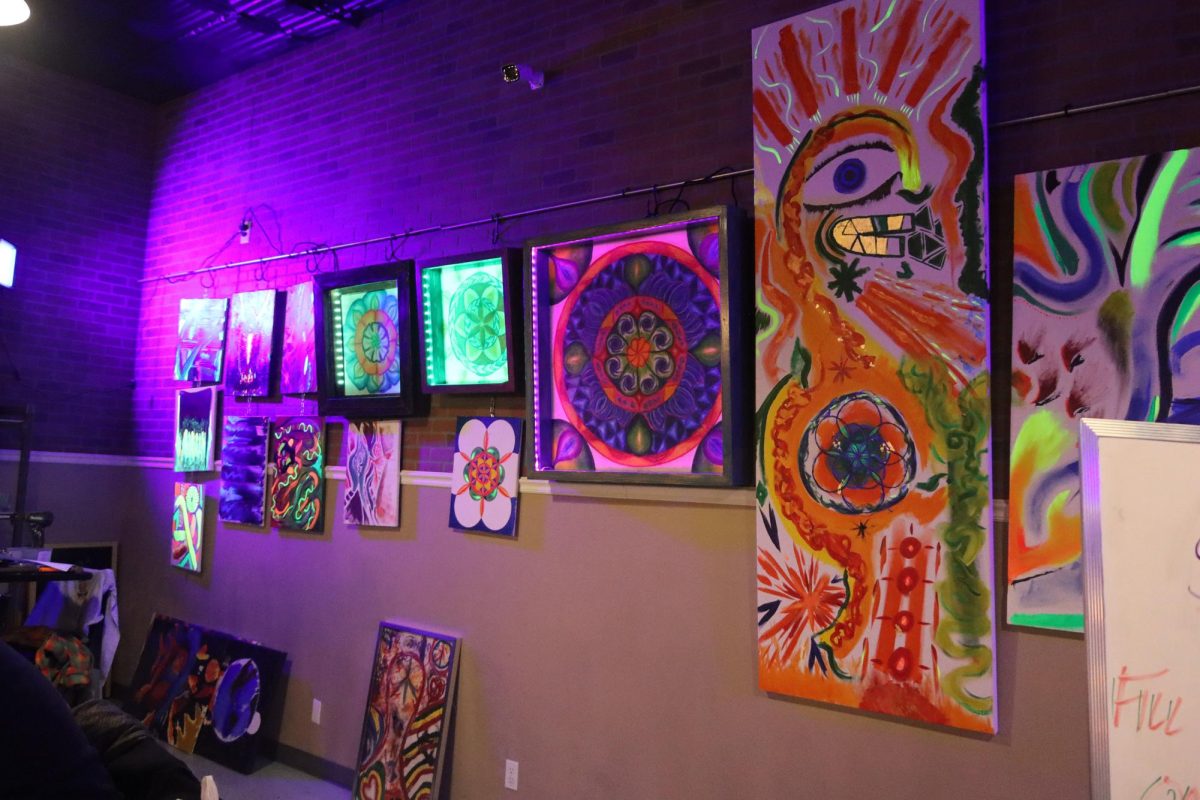









![The sophomores were recognized on the field instead of walking across the stage during their doubleheader. They received their diplomas and a picture of themselves playing during their career at Seward. [Pictured left to right are Dylan Day, Reed Thomas, Jase Schneider, Mason Martinez, Gannon Hardin, Brody Boisvert, and Zach Walker]](https://crusadernews.com/wp-content/uploads/2022/05/WEBDSC_0275-900x454.jpg)





